Abstract
Quantum state purification is crucial in quantum communication and computation, aiming to recover a purified state from multiple copies of an unknown noisy state. This work introduces a general state purification framework designed to achieve the highest fidelity with a specified probability and characterize the associated trade-offs. For i.i.d. quantum states under depolarizing noise, our framework can replicate the purification protocol proposed by Barenco et al (1997 SIAM J. Comput. 26 1541–57) and further provide exact formulas for the purification fidelity and probability with explicit trade-offs. We prove the protocols’ optimality for two copies of noisy states with any dimension and confirm its optimality for higher numbers of copies and dimensions through numerical analysis. Our methodological approach paves the way for proving the protocol’s optimality in more general scenarios and leads to optimal protocols for other noise models. Furthermore, we present a systematic implementation method via block encoding and parameterized quantum circuits, providing explicit circuits for purifying three-copy and four-copy states under depolarizing noise. Finally, we estimate the sample complexity and generalize the protocol to a recursive form, demonstrating its practicality for quantum computers with limited memory.
Publication
Quantum Science and Technology
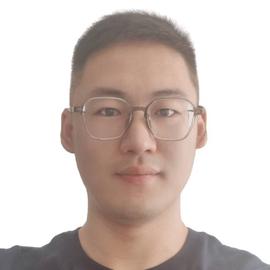
PhD Student (2024)
I obtained my BS degree in Mathematics from Nanjing University of Aeronautics and Astronautics and my MS degree in Mathematics from Beihang University. My research interests include quantum information theory and quantum machine learning.
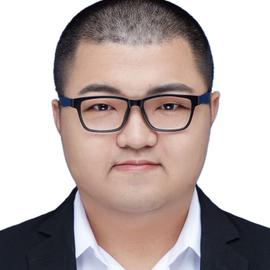
Research Associate
I obtained my BS in Mathematics and Applied Mathematics from University of Science and Technology of China. I obtained my PhD degree in Applied Mathematics from University of Chinese Academy of Sciences under the supervision of Prof. Xiao-Shan Gao. My research interests include quantum computing, symbolic computation and cryptanalysis.
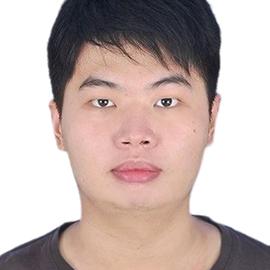
PhD Student (2025)
I obtained my BS in Applied Physics from Beijing Institute of Technology, Zhuhai (BITZ). I obtained my MSc degree in Physics from The Chinese University of Hong Kong. My research interests include quantum hardware, quantum information theory and quantum computing.
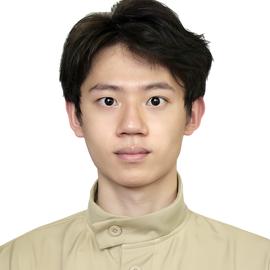
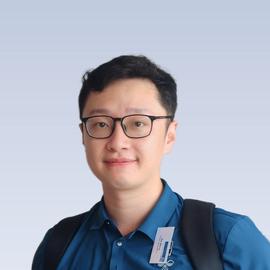
Associate Professor
Prof. Xin Wang founded the QuAIR lab at HKUST(Guangzhou) in June 2023. His research primarily focuses on better understanding the limits of information processing with quantum systems and the power of quantum artificial intelligence. Prior to establishing the QuAIR lab, Prof. Wang was a Staff Researcher at the Institute for Quantum Computing at Baidu Research, where he concentrated on quantum computing research and the development of the Baidu Quantum Platform. Notably, he spearheaded the development of Paddle Quantum, a Python library designed for quantum machine learning. From 2018 to 2019, Prof. Wang held the position of Hartree Postdoctoral Fellow at the Joint Center for Quantum Information and Computer Science (QuICS) at the University of Maryland, College Park. He earned his doctorate in quantum information from the University of Technology Sydney in 2018, under the guidance of Prof. Runyao Duan and Prof. Andreas Winter. In 2014, Prof. Wang obtained his B.S. in mathematics (with Wu Yuzhang Honor) from Sichuan University.
 Framework of probabilistic purification protocol.
Framework of probabilistic purification protocol.